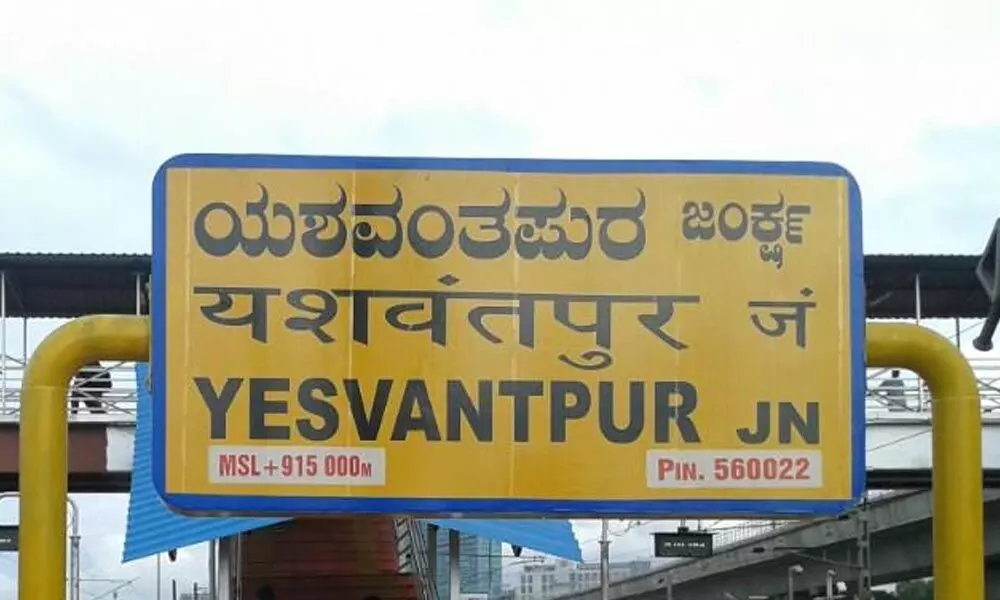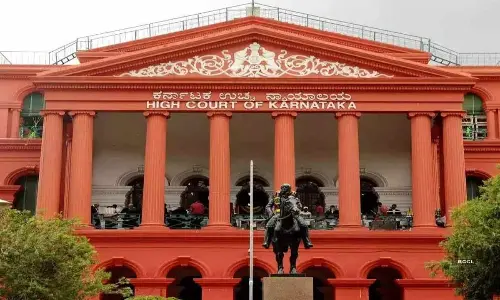South Western Railway gets PCBs' consent in four States for operation of major stations

South Western Railway gets PCBs’ consent in four States for operation of major stations
The South Western Railway (SWR) has reached an important sustainability milestone by obtaining consent for operations at 38 important stations spread over Karnataka, Goa, Andhra Pradesh and Tamil Nādu from the respective State Pollution Control Boards.
Bengaluru: The South Western Railway (SWR) has reached an important sustainability milestone by obtaining consent for operations at 38 important stations spread over Karnataka, Goa, Andhra Pradesh and Tamil Nādu from the respective State Pollution Control Boards. Efforts towards this goal were started in 2020. This milestone is indicative of SWR's commitment for making its operations more sustainable. Some of the important stations covered are KSR Bengaluru, Yesvanthpur, Vasco da Gama, SSS Hubballi, Hosur and Kuppam.
The SWR's sustainability efforts have not only reduced environmental footprint of passenger operations, it has also helped in improved passenger experience. SWR Chief Public Relations Officer, Aneesh Hegde stated, "A system for segregation and management of solid waste has been introduced. Composting of wet waste has been started at several stations. With the large-scale introduction of bio-toilets in the system and mechanized cleaning at major stations, the cleanliness of railway stations has taken a quantum leap. This also resulted in drastic reduction of use of water for cleaning, especially of tracks. Also, the requirement of concrete aprons for railway tracks at stations is no longer necessary, and hence reduced requirement of concrete at stations. To further reduce water footprint at stations, Water Recycling Plants, STPs, Automatic Coach Washing Plants, rainwater harvesting systems etc. have been introduced. "Several efforts to improve air qu ality at stations have also been made. This includes introduction of Head on Generation on trains- which eliminated diesel power cars and associated noise and air pollution by taking power for the train from the locomotive itself, induction of silent generators for standby power for critical signalling infrastructure, tree plantation at station and adjoining areas etc, he said.
On energy front, introduction of solar panel and solar pumps, LED lit colour light signalling with solid state interlocking, LED lights, energy efficient fans and ACs have helped in reducing the requirement of power for railway stations.
He added, SWR's 38 major stations are part of the national efforts by the Indian Railways to bring 720 of its major railway stations handling passenger traffic under the purview of Water (Prevention and Control of Pollution) Act 1974 and Air (Prevention and Control Of Pollution) Act 1981.










